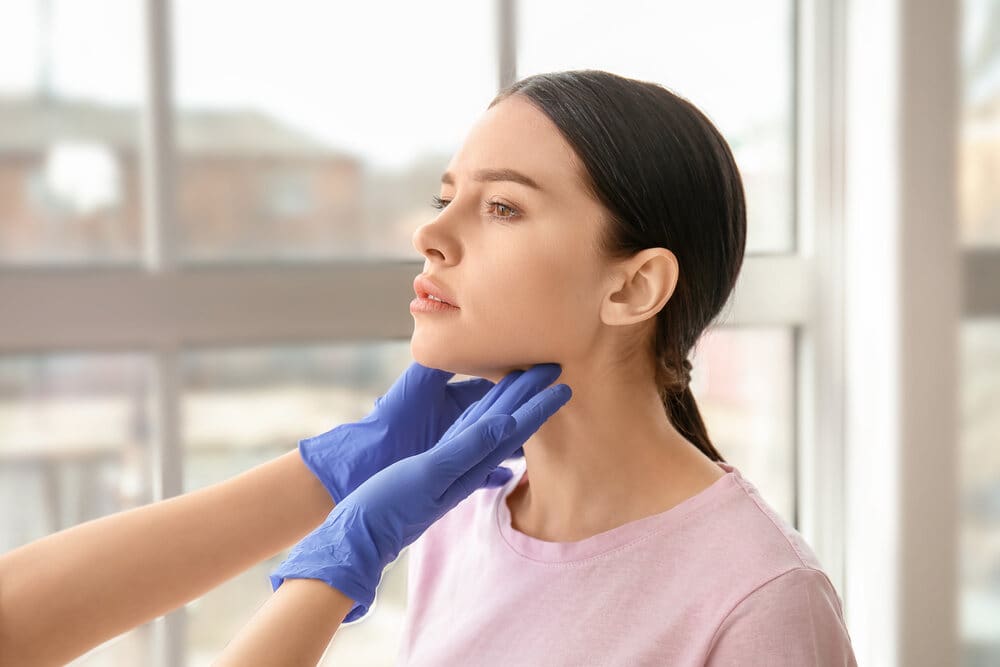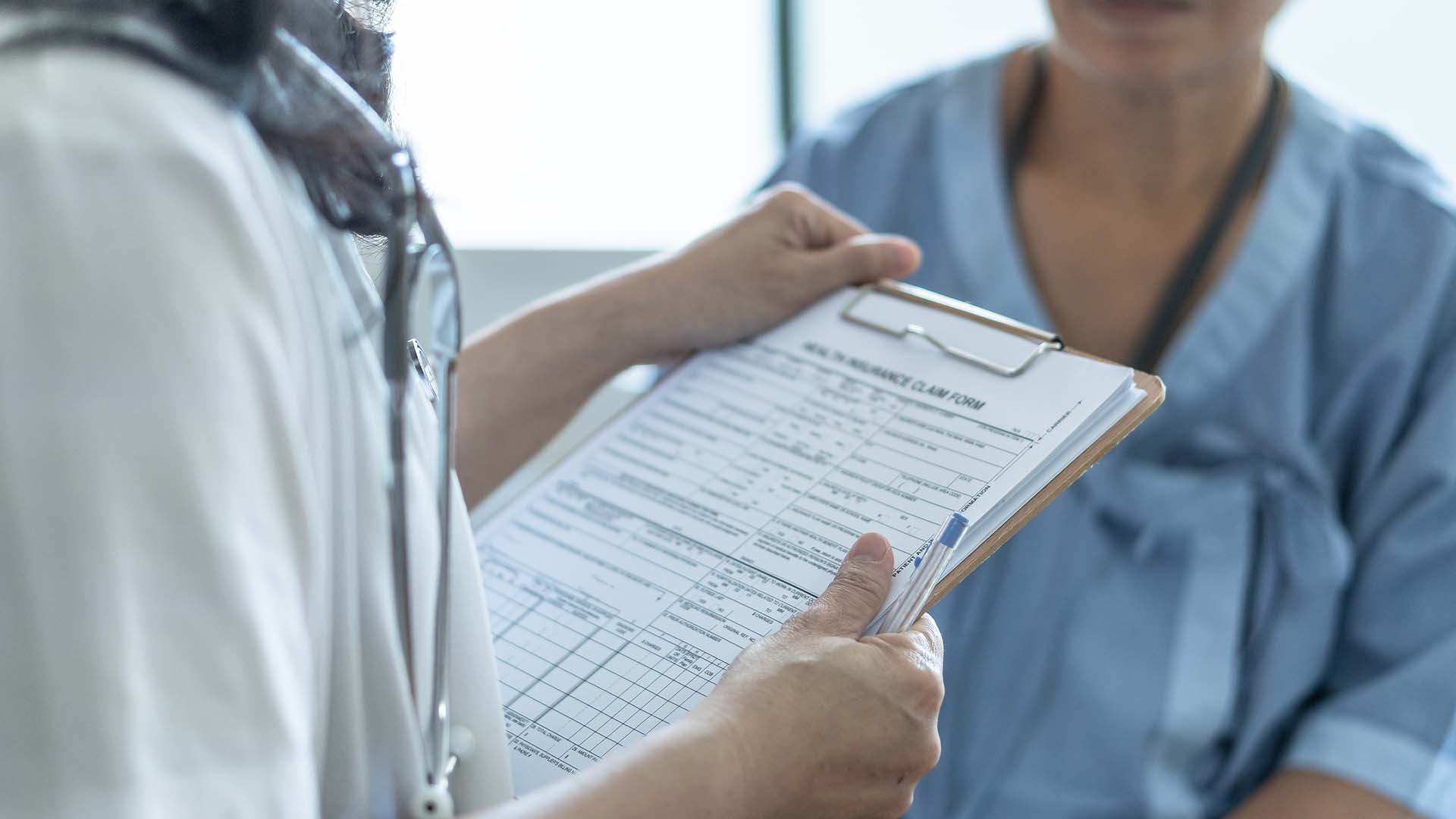Summary: Thyroid nodules are common, especially in women and older adults, and are often benign. This guide explains causes, types, and treatment options for thyroid nodules, along with ways to reduce risk. Consult with your doctor to discuss treatment and next steps.
Has your doctor told you they suspect that you have nodules in your thyroid lobes?
First, there’s no need to panic. Nodules are so common that doctors estimate half of all humans have at least one by the age of 60! They are more common in women and tend to be more frequent with age. It is unlikely that you did anything to cause your nodule to develop.
A nodule can be as tiny as a single centimeter and may be asymptomatic. While some thyroid nodules require treatment, others can be left alone. After further examination, your doctor will be able to tell you the next steps to take in your treatment.
Still, many new thyroid patients have questions about their condition. Why do you have nodules in your thyroid lobes? Did something cause them? Can you prevent more from developing in the future?
In this guide, we’ll address common questions about nodules on the thyroid gland. Continue reading to learn more about why nodules develop.
About the Thyroid Gland
The thyroid is a butterfly-shaped gland in your neck. Its primary purpose is to produce hormones that affect various body systems. The thyroid can impact everything from healthy metabolism to your physical growth and development.
When it works correctly, you likely won’t notice or think about your thyroid at all. Your doctor might gently palpate your neck during an annual physical exam. Often, this is when patients learn they have nodules in their thyroid gland.
Your thyroid has two primary lobes (the “wings” of the butterfly). Each lobe consists of many lobules or small, ball-shaped structures. A nodule can develop on one or both lobes when there is an abnormal growth of thyroid cells.
Nodules in the Thyroid Gland
“Nodule” is a catch-all term for any sort of structure that develops on the thyroid gland.
Types of benign thyroid nodules include:
- Colloid Nodules: A simple overgrowth of normal thyroid tissue. Basically, a lump on your thyroid.
- Cyst: A fluid-filled nodule on the thyroid.
- Toxic Adenoma: A growth that causes the thyroid to overproduce hormones.
- Multinodular Goiters: The development of multiple nodules, which causes an enlarged thyroid.
Your doctor can often diagnose thyroid nodules with ultrasound imaging. This painless, non-invasive exam uses sound waves to create images. The color of your nodules on the ultrasound can help a doctor determine what type of nodule you have. From there, they may order further testing or schedule another ultrasound exam for ongoing monitoring.
Why Do Thyroid Nodules Form?

In most cases, thyroid nodules are an overgrowth of tissue with an unknown cause. The majority of thyroid nodules don’t cause or contribute to health problems.
In some cases, they may result from an iodine deficiency. They can also develop as a result of radiation exposure to the neck. They are often a delayed side-effect of childhood cancer treatment.
Sometimes, an underlying medical condition can contribute to the formation of thyroid nodules. These can include thyroid conditions like Hashimoto’s Disease or Grave’s Disease. Those with a family history of these conditions are more likely to develop them.
As mentioned, thyroid nodules are more common in women than men. They can develop more frequently with age. 95% of thyroid nodules are benign.
Reducing the Risk of Thyroid Nodules
You don’t need to go out of your way to prevent nodules of the thyroid. Since their cause is unknown, you can do little to explicitly prevent them.
However, you should ensure you’re getting enough iodine from your diet. Iodized salt, meat, seafood, and dairy products provide most people with the iodine they need to prevent a deficiency. In some cases, pregnant women may need to take an iodine supplement. Your doctor can perform blood work to ensure you are getting enough iodine in your diet.
Otherwise, make sure to schedule annual physicals. Ask about your thyroid health if you have concerns. Make healthy diet and lifestyle choices that support all of your body’s systems.
The Next Step on Your Thyroid Journey
Some patients require intervention to manage their thyroid nodules. Surgery may not be your only option. We advise you to look into a minimally invasive procedure like RFA.
Speak with a Thyroid RFA doctor to learn more about non-surgical treatment.




